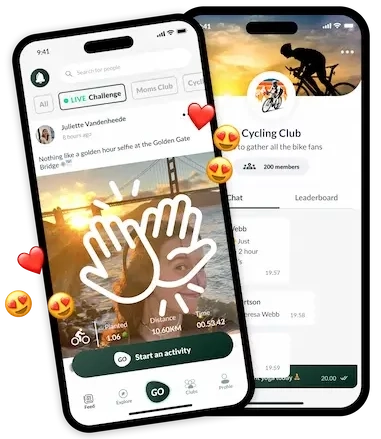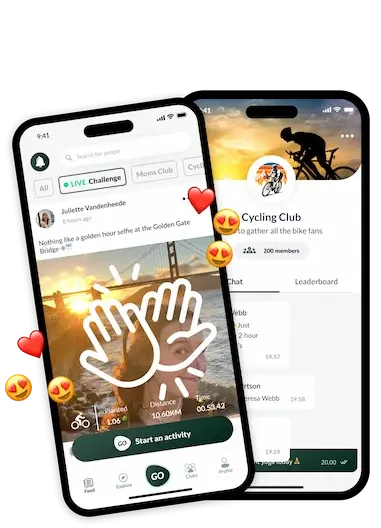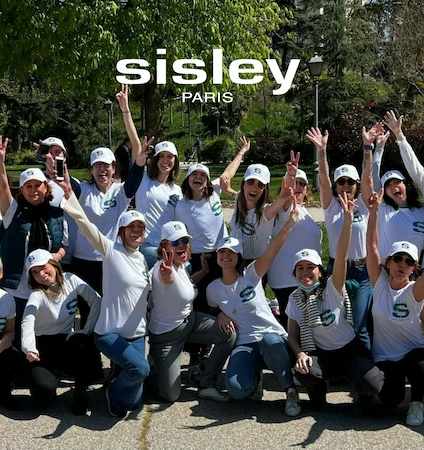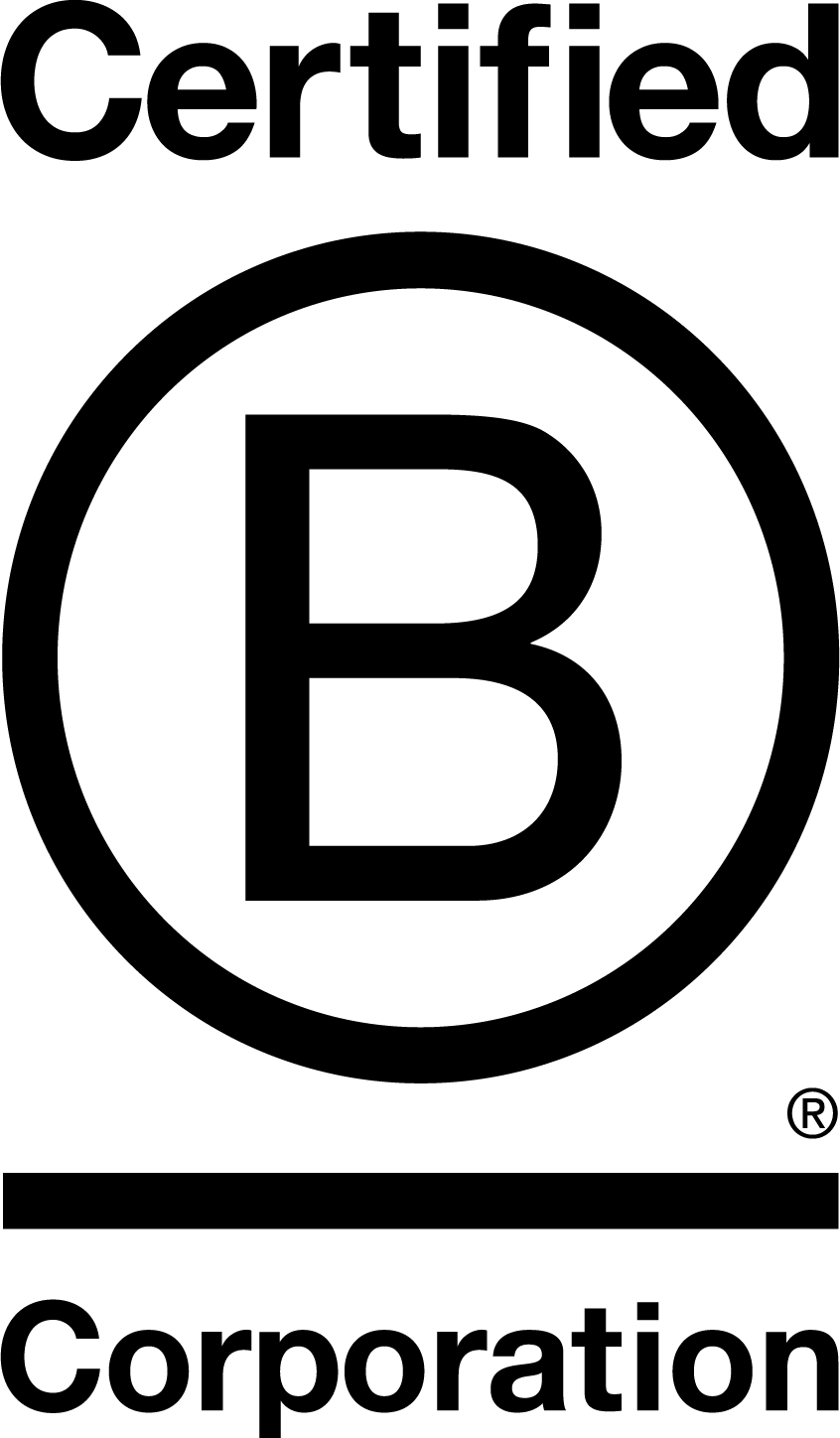It’s no secret that returning to work after a vacation can be… anxiety-inducing.
Whether your employees spent their vacation with family, friends, or maybe alone soaking up their free time basking in the warm sun, it’s not always easy when it comes to changing routine. It’s important to recognize that your team may be feeling anxious about going back to work, and it’s completely normal.
Luckily, there are simple ways to manage these feelings.
Help your employees combat the post-vacation blues with these four scientifically proven ways to handle stress and anxiety.
1. Try mindfulness meditation
Science has shown that practicing meditation is a powerful way to reduce stress and anxiety.
While plenty of research has shown the benefits meditation can have on alleviating anxiety, one compelling study found that over an 8-week period, a form of meditation called “mindfulness meditation” reduced the body’s inflammatory response to stress.
Stress can trigger what’s called the “fight or flight response” in your body. During this time, it releases hormones cortisol and adrenaline.
• Cortisol increases your blood sugar and blood pressure while suppressing your immune responses and digestive system.
• Adrenaline increases your heart rate and raises blood pressure, temporarily boosting your strength and energy.
With this response, your body is essentially directing resources away from non-crucial body functions in order to prepare to deal with the stressor. That’s why stress can make you more susceptible to sickness and digestive problems, among other issues.
Many studies link the practice of meditation with controlling the body’s response to stress.
The practice of mindfulness meditation can help combat the racing thoughts commonly associated with anxiety, allowing the mind to notice these thoughts and feelings without dissecting them. This is a powerful way to help you remain calm in situations that may be overwhelming or stressful.
To combat anxiety and stress in the workplace, incorporate daily meditation breaks.
2. Exercise
Have you ever felt a burst of positive energy after exercise?
This common feeling is due to endorphins, the “feel-good” chemicals that your body releases after you’ve completed a workout. While endorphins are associated with a heightened sense of well-being, they have specifically been found to help relieve pain, reduce stress, and combat anxiety.
Not only does exercise make you feel good, but it’s also great for your health.
According to the National Health Service, exercising regularly lowers your chances of getting major illnesses like cancer and type 2 diabetes. It also reduces your risk of premature death by up to 30 percent.
Exercising gives you an outlet to channel negative, anxious energy into something positive. Encouraging your team to invest the time to move their bodies can do wonders for combating anxiety and stress in the workplace.
3. Talk to someone about it
When feeling anxious about returning to work, talking to someone you trust can do wonders. Sometimes, talking it through is exactly what you need in order to get your thoughts straight and put you back on the right track.
Research shows that simply sharing our problems and negative emotions with someone we trust can reduce stress, improve our immune system, and deeply heal us.
Here’s why:
When you’re experiencing stress or anxiety, the part of your brain called the amygdala gets activated, it’s responsible for regulating fear and anger. Sometimes the amygdala can override rational thinking and cause an “amygdala hijack,” which is often the reason people may lash out when they are feeling stressed or anxious.
When you’re feeling this way, talking it through can be a huge help.
In fact, a process called “affect labeling,” which simply means putting your feelings into words, was found to be a useful way to combat these negative feelings.
Create the space for employees to share their feelings in order for them to get past workplace anxiety. It can make a huge difference!
4. Take a break
While you may think skipping your breaks during work is for the better, studies show it can actually cause adverse effects.
Skipping your breaks can lead to higher stress levels and burnout. It can also be detrimental to your focus and overall mental well-being.
Short 5-minute breaks, also called “microbreaks,” have been found to be a great way to keep you engaged and productive at work. These breaks should be voluntary and impromptu, taken when you feel it’s needed.
Encourage your team to take quick breaks throughout the day. Taking that time to drink some water, play with a pet, talk to a friend, practice a quick meditation, or even go for a short walk can be enough to put anyone back on the right track.
We can help you and your team combat post-vacation blues
Try an teroGO team-building challenge to give your team the boost they need to get back into the swing of things after vacation.
Through our platform, you can build a gamified challenge for your employees centered around managing post-vacation stress and anxiety. You can choose from 350+ activities to engage your team, including meditation, exercise, and connecting with friends and family. Employees can use the teroGO app to log when they’ve completed any of these impactful activities, all while exchanging virtual high-fives with each other, sharing photos, and competing on a leaderboard.
It’s an adjustment to come back to work after vacation, but teroGO’s customizable challenges can help you make the transition smoother.
Written by Kelly Baker, Content Marketing at teroGO
This website stores cookies on your computer. These cookies are used to collect information about how you interact with our website and allows us to remember you. We use this information in order to improve and customize your browsing experience and for analytics and metrics about our visitors both on this website and other media. To find out more about the cookies we use, please see our Informativa sulla privacy.



















